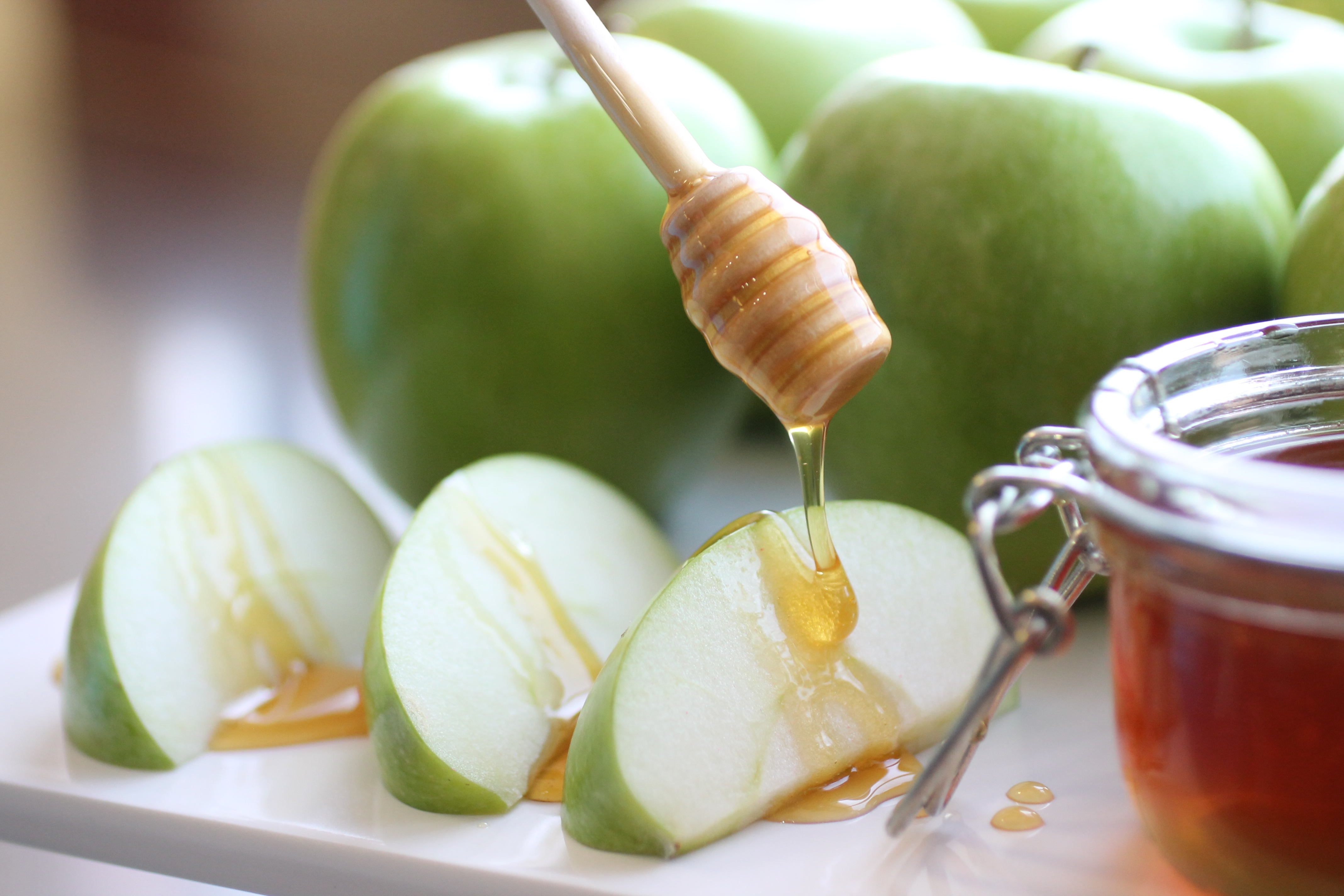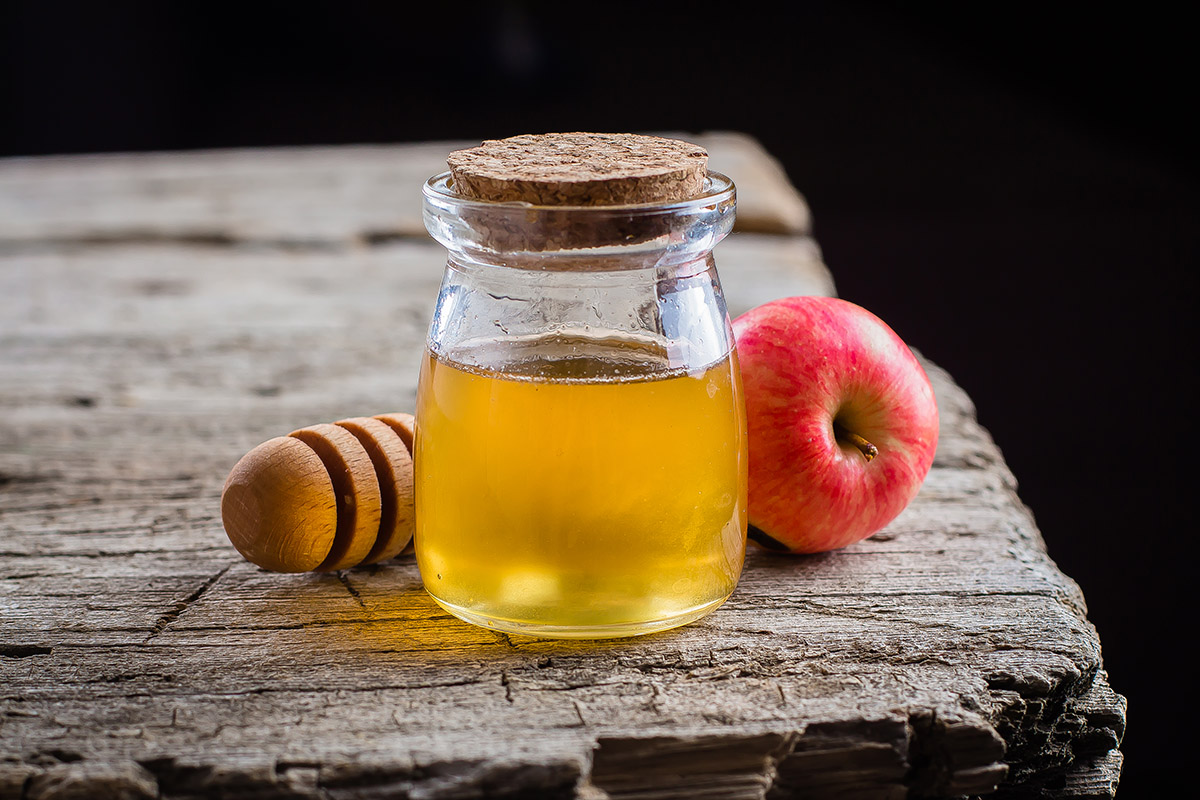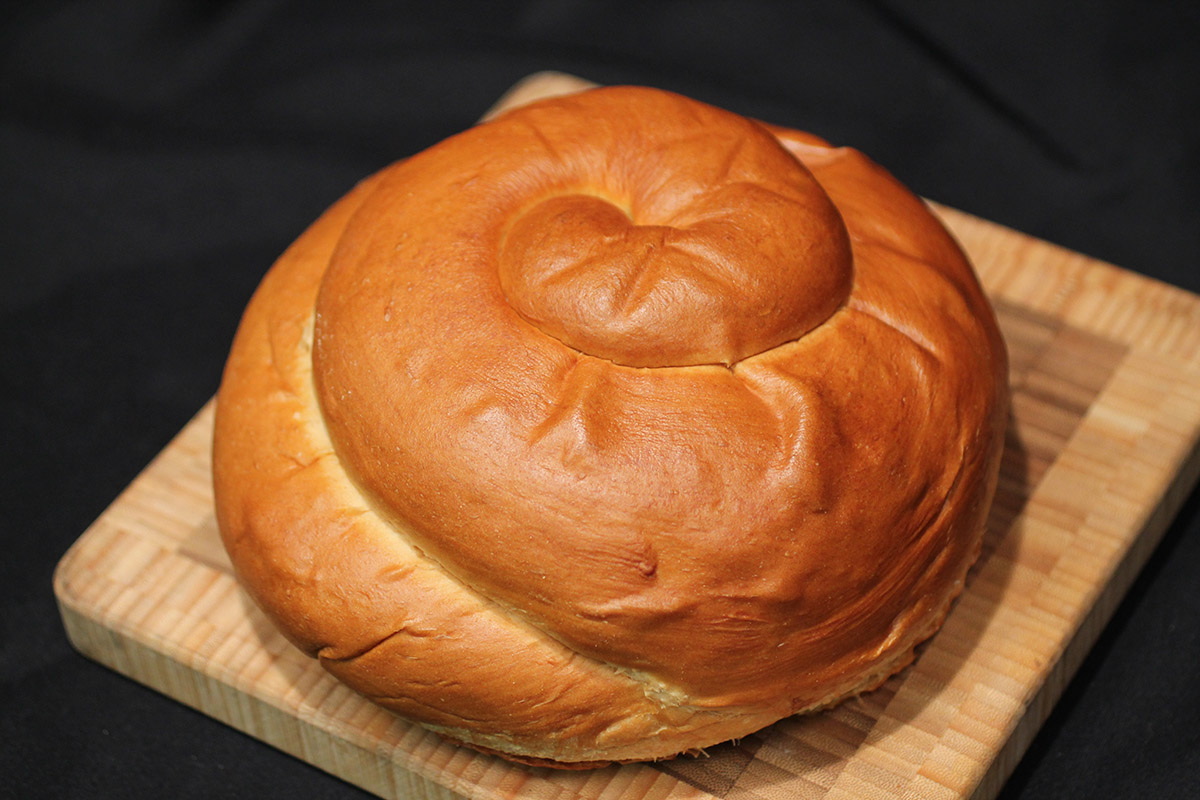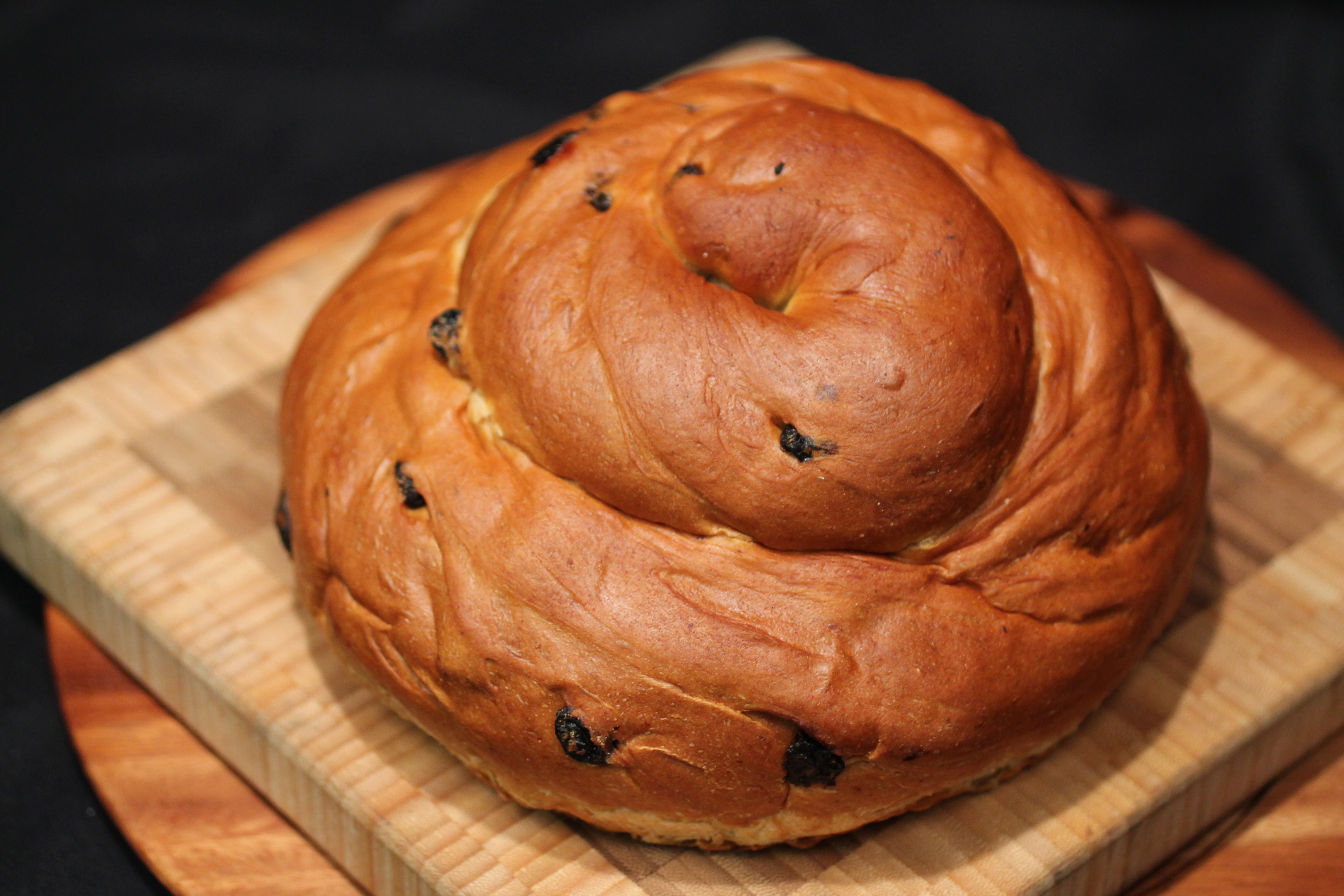The Jewish New Year traditionally kicks off in Fall with Rosh Hashanah, which translates from Hebrew to “Head of the New Year.” Marking the anniversary of the creation of Adam and Eve, Rosh Hashanah comprises the first two days of a 10-day period of prayer, repentance, and charity in Judaism.
The holiday takes place at the beginning of the Hebrew month of Tishrei. Because the Hebrew calendar measures months based on the lunar cycle and years in correspondence to the solar cycle, the celebrations slide around on the secular calendar but usually occur between September and October.
This year (2022) it will start on September 25 at sundown and concludes Tuesday, September 27 at sundown..
Rosh Hashanah serves as the first of the “Ten Days of Repentance”, which marks man’s first sin and his repentance. The Ten Days of Repentance begin with Rosh Hashanah and end in celebration with Yom Kippur, the Day of Atonement.
Some of the customs that take place during Rosh Hashanah include:
- Sounding the shofar, which is to alert listeners of the coming judgment
- Eating a round challah, which symbolizes the circle of life
- Eating apples dipped in honey to usher in a sweet New Year
- Eating of pomegranate to bring a year full of mitzvot and good deeds







